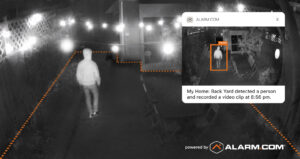
PHOTO: Ketut Subiyanto from Pexels
More people in Singapore were hit by cyber attacks in 2020 compared to a year ago, according to a study by the Cyber Security Agency of Singapore (CSA) in December last year.
In a poll of more than 1,000 citizens and permanent residents, it found that 37 per cent had been a victim of at least one cyber incident, up from 28 per cent from a year ago.
Most respondents were concerned about the leaking of financial and personal information, but many also believed the incidents would not happen to them, the government agency found.
And while many of those surveyed were aware of what made a good password and could detect phishing e-mails, the use of two-factor authentication (2FA) has not risen much despite the growing need to beef up one’s basic login credentials.
For online banking, as many as 78 per cent of respondents had 2FA enabled, the same as a year ago, likely because of strict regulatory requirements mandated for the financial sector.
However, when it came to important but less regulated activities, people tended to be less inclined to turn on 2FA.
Only half (51 per cent) had activated it on messaging accounts such as WhatsApp and Telegram, despite news of frequent attempts by hackers to access such accounts.
The same goes for personal e-mails, where once again only 51 per cent of people had turned on 2FA. This was an increase over 44 per cent of a year ago, but still relatively low.
Launching a new awareness campaign today, CSA is reminding people that strong passwords and 2FA are among the best practices they should adopt to keep safe from cyber threats.
In the past year, hackers have been finding new ways to get into victims’ accounts through credential stuffing. This means using automated scripts to keep trying to log in to accounts with stolen or exposed passwords.
In 2020, content delivery firm Akamai said it observed 193 billion credential stuffing attacks globally. Of these, 3.4 billion targeted financial services organisations specifically, an increase of more than 45 per cent over the previous year.






